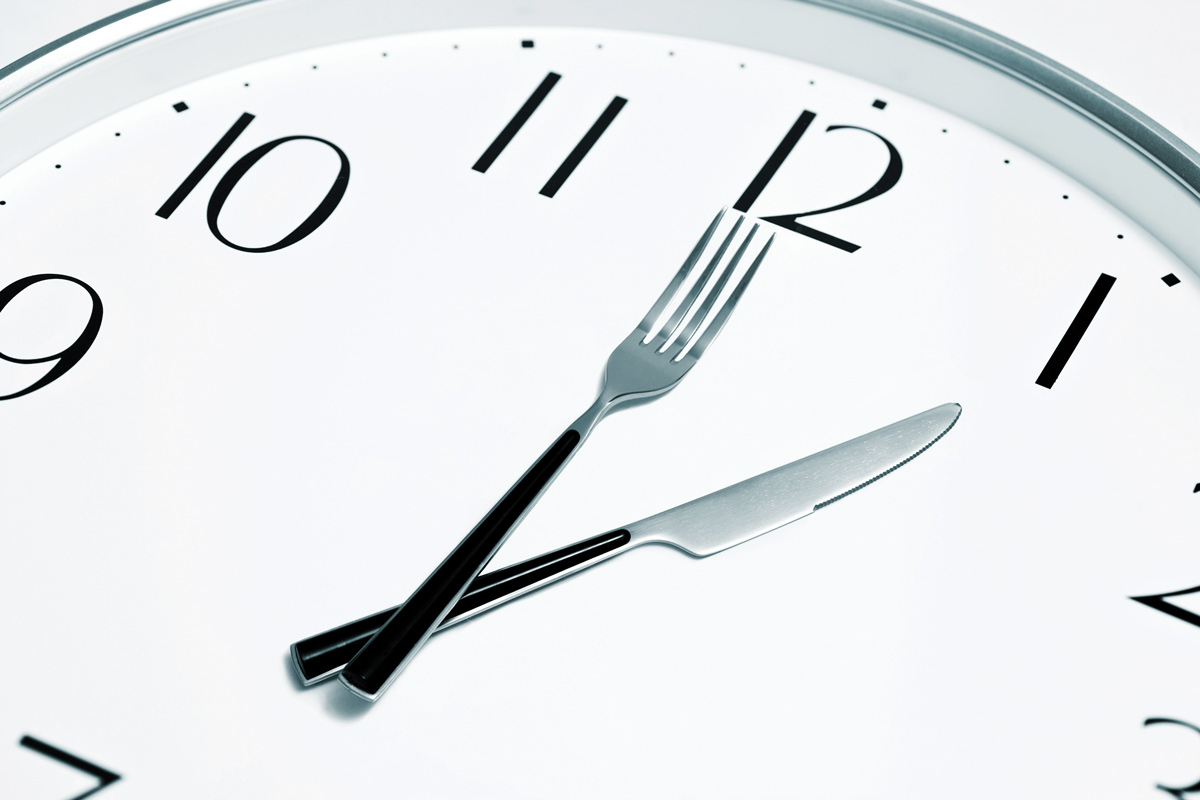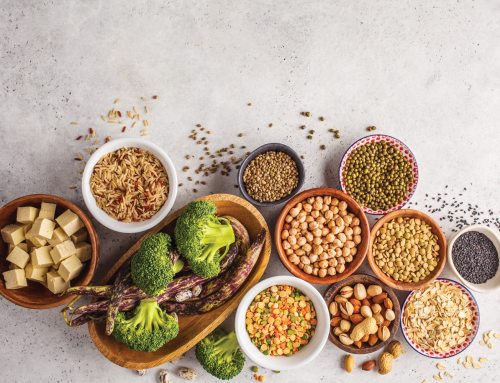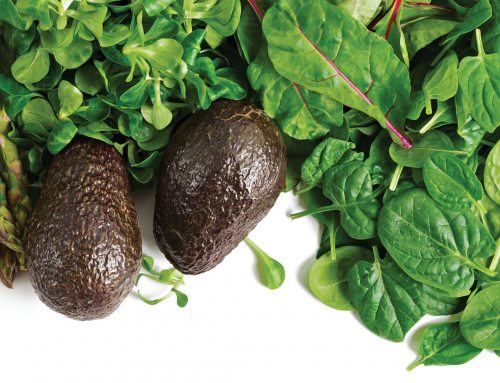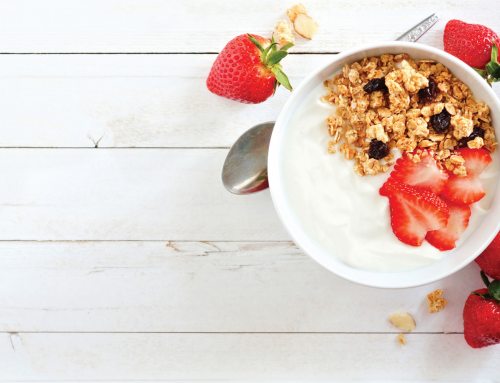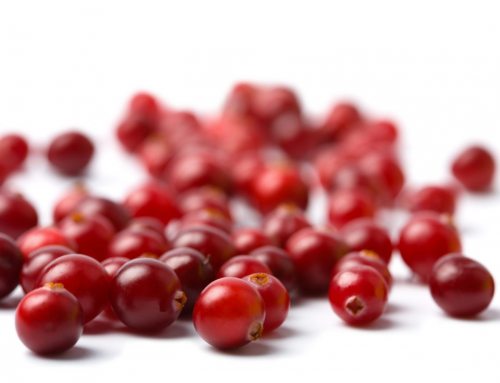By Brian Diaz
With so many different “diets” floating around claiming they are the next best thing for weight loss, fat loss, lowering cholesterol, lowering blood pressure, anti-inflammatory, performance enhancing, etc., one can get caught up in the mainstream thoughts then pigeonhole and recklessly throw ourselves into one of those categories.
Eating paleo, ketogenic, vegan, and intermittent fasting all have draws and advantages depending on your short term goals and desires, however, do not forget your long term needs as endurance athletes.
While I’m not a dietician or nutritionist and I refer to my local friends and colleagues for a more detailed individual plan, I am a coach, physical therapist, and performance specialist and see athletes making terrible decisions over and over again in regards to nutritional intake around training and racing.
When analyzing your weekly needs and heading to the store, also pay attention to your training schedule. Before purchasing your food ask yourself these questions: When are you training and exercising – morning, afternoon, evening? How long will you be active? How intense will the activity be? What will the weather be like those days?
As the week progresses and things change in the weekly plan, reassess and ask questions like: What are you doing before and after training? How are you feeling, are you sick, getting sick, experiencing swelling or irritation of joints or injured? These questions, both before the week begins and then within the week, will slightly change what should be eaten through the day.
I like to tell my clients and patients that sometimes the timing of what you eat and drink is just as important as what you are actually eating and drinking. Are carbohydrates bad like so many fad diets suggest? Not at the right time of the day and surrounding training. When should vitamins and supplements be taken? Some are best first thing in the morning, some before and/or after training, some just before bed.
Patients come to the clinic chronically fatigued and injured and so slowly a band aid is put on each ailment, recover from one and then move onto the next one. It’s not until I’ve exhausted my treatment techniques and movements that they disclose some faults in their diets. Almost every time, without fail, it’s not WHAT they are eating, it’s WHEN. These are uber-active individuals, Type A personalities, many are doctors, professors, lawyers, engineers, business executives, that use their same drive that facilitates career success to motivate them to eat the best and train the hardest.
The answer is, as most of you know, there is no single diet that is the best. A blended approach is the most sustainable for human longevity promoting vitality and activity well into the later years of life.
When consulting with your nutritionist next time, make sure you disclose some of the things you may be going through. The best nutritionists discuss in depth HOW you feel not just do you look better. They will also take the time to help navigate barriers in your week that may limit when you can eat certain foods, when it is best to supplement, and the ideal time to eat the things you love. Although weight loss may be your goal, do you want it at a price of decreased performance and increased risk of injury or worse yet, stroke or cardiovascular failure? Take a closer look.
Timing of your intake could be the culprit and not what you are actually eating or drinking.
Brian Diaz is the head physical therapist and sports specialist at ActivEdge Fitness & Sports Performance. He is a Level II Certified TRX Suspension Trainer and a USA Triathlon Certified Coach. Follow him on Twitter (@JediTriathlete) or go to his website at ExperienceTheEdge.com for more exercise ideas.


